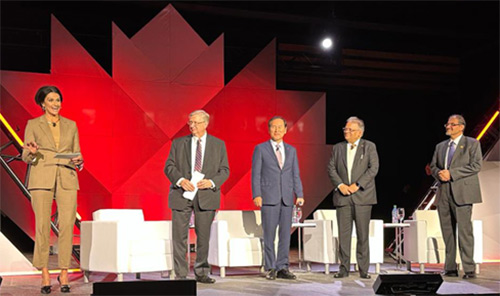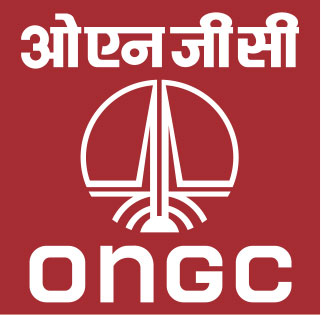Energy transition in India is inclusive: ONGC Chairman at 24th World Petroleum Congress
Speaking at a plenary session on ‘Transformation of the Industry, People and Products’ at the 24th World Petroleum Congress (WPC) in Calgary on 19 September 2023, ONGC Chairman & CEO Arun Kumar Singh said that the energy transition in India is inclusive. “The aspirations of the 17 per cent of the world population that live in India have to be kept in mind while going through energy transition. So, while India is adding renewables at a remarkable pace, the five energy sources will co-exist for a few more decades viz, coal, oil, gas (in increasing amounts), more renewables and hydrogen (when it is affordable).”
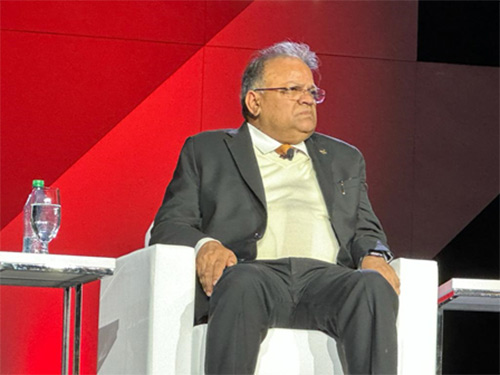
Moderated by Kurt Abraham, Editor-in-Chief of World Oil Magazine, the session provided insights on the challenges that the global oil industry is currently facing, including energy transition, technology, energy security, reliability and resilience of supply, affordability of energy building partnerships, and the reality of future energy markets.
ONGC Chairman & CEO Arun Kumar Singh started with an Indian perspective of Energy Transition, asserting that the cumulative greenhouse gas (GHG) emissions from India are only 2% of global emissions. “The GHG emissions of India with more than 17% of the global population are now 6%.”
“We are aware of our responsibility towards the environment. So, we have taken aggressive steps to preserve the environment, notwithstanding our economic transition. Today, our country's commitment to COP-27 is that by 2030; 50 per cent will be from renewable energy to feed the economy and very fast renewable addition capacity, especially solar.
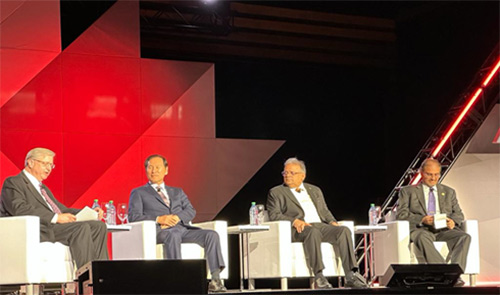
“We will make it a better place to live. There is a lot of potential in biofuels. Whatever hydrogen is being used in refineries, will go for green hydrogen by 2030. We will co-exist with many energy sources for the next 3-4 decades. Also, our Net-Zero goal by 2070 is the first to catch up with the world and then decarbonize. We can't keep millions of people hungry. So, our Energy Transition needs to be inclusive,” Chairman added.
Reiterating that de-carbonization and diversification of the energy sector assume top priority for combating emission and climate change in India, he asserted that the share of natural gas is to grow from 6% to 15% in the primary energy basket and “we are scaling up gas production for that”.
“There are 300 million domestic households and in only a few years, these have been provided clean fuel. Now, we have to move to electric and then to renewable. That is the macro picture,” he said further.
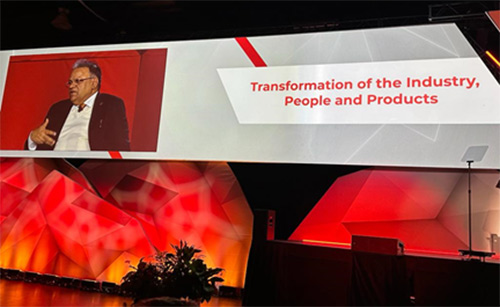
Later, during the moderated interactive session, ONGC Chairman interestingly connected the dots between energy transition and employment opportunities, and said, “Energy transition also has big opportunities in terms of employment. A lot of engineering colleges are introducing new courses in green technologies. Being a responsible Corporate, we are committed to Net-Zero by 2038, both Scope-1 and Scope-2 emissions.”
It is true, he emphasized that Artificial Intelligence (AI) will help in reducing the repetitive nature of human jobs by 2040. As India is a populous country, energy transformation will have to take that into stride as well. “Technology & AI will be vital and India has done well. The talented population should see this as an opportunity,” he explained.
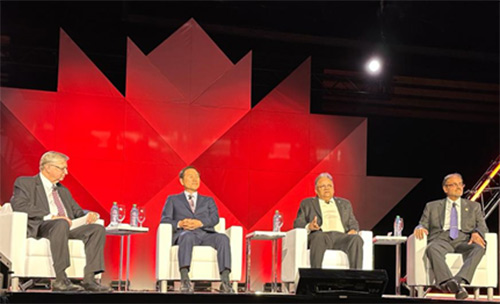
In his concluding remarks, ONGC Chairman noted that the entire mankind should hence prepare for this new world. “Transition and technologies like AI will work together. Energy transition also correlates to energy security. While geology is more permanent, renewables, like solar and wind, are more accessible for any country. So, energy transition is an opportunity for countries like India.
While research and talent are available everywhere, he said, adding, "The key question is how to make this energy transition affordable. I see that the affordability will arrive in around 15 years but collaborations will facilitate that affordability faster.”
